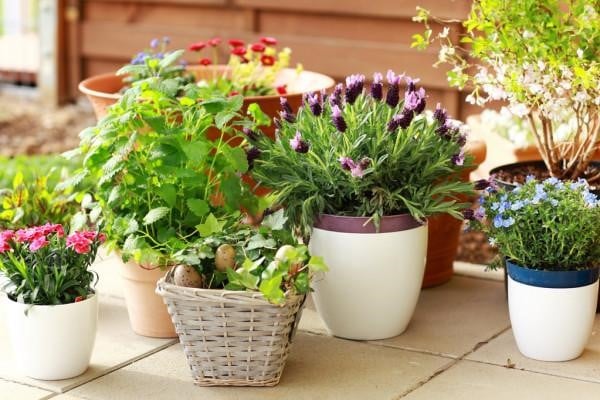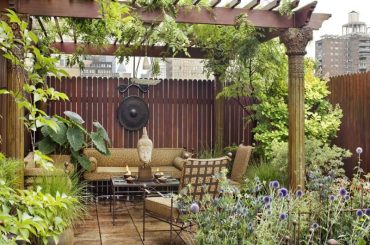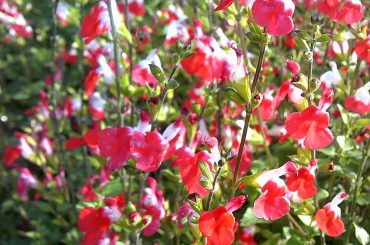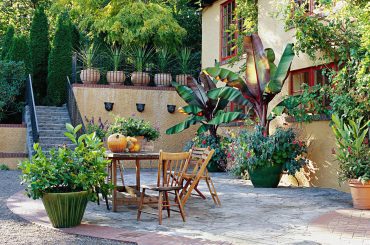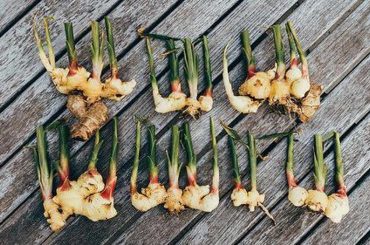Table of Contents
If you are someone who lacks a large outdoor garden space yet wants to explore gardening. Then, this article is all you need to read to address your queries.
Just because you do not have a huge outdoor space does not mean you cannot be creative and extraordinary with your gardening skills.
It is always well said that small things are the ones that matter. Therefore, make your small garden space count.
We are here to give you few tips on how to make the most out of a small garden. So, let us get started.
1. Always Plant Things That You Can’t Buy Easily
It is a hard pill to swallow yet an effective tip to make the most out of your small garden. Always try to plant things that cannot be bought from a supermarket easily. It is essential to have a garden that give birth to things that cannot be bought easily. That is when your small garden is counted as a worth.
2. Look for Your Favorite Plants
If you love something whether it flourishes you are surely going to appreciate its existence. Therefore, look for plants that are your favorites. This would not only lead to your interest towards gardening but also make your small garden look worthy to yourself. Seeing your favorite plants grow in a garden of your own would be a bliss to your eyes.
3. Plant Varieties That Have Shorter Growing Time
Try to plant varieties of plants that have shorter growing time. This not only lead to gardening satisfaction to the concerned person but also lead to early successive gardening. Plant varieties that yield faster results. Thus, working as a motivational factor to the gardener.
4. Do Succession Planting
Succession Planting is one of the effective ways of gardening. Succession Planting means plant one thing, harvest it, and then grow some other plant on its place. It leads to good soil quality and nourishment. Succession planting can be effectively done in shorter growing time plant varieties.
5. Use Containers
Planting plants in containers is an effective way to extend your garden space. Containers keep the plant well contained to a specific area. It is good to grow plants like mint or lemon in a container. Pro-tip is to keep the containers well-watered.
6. Do Companion Planting
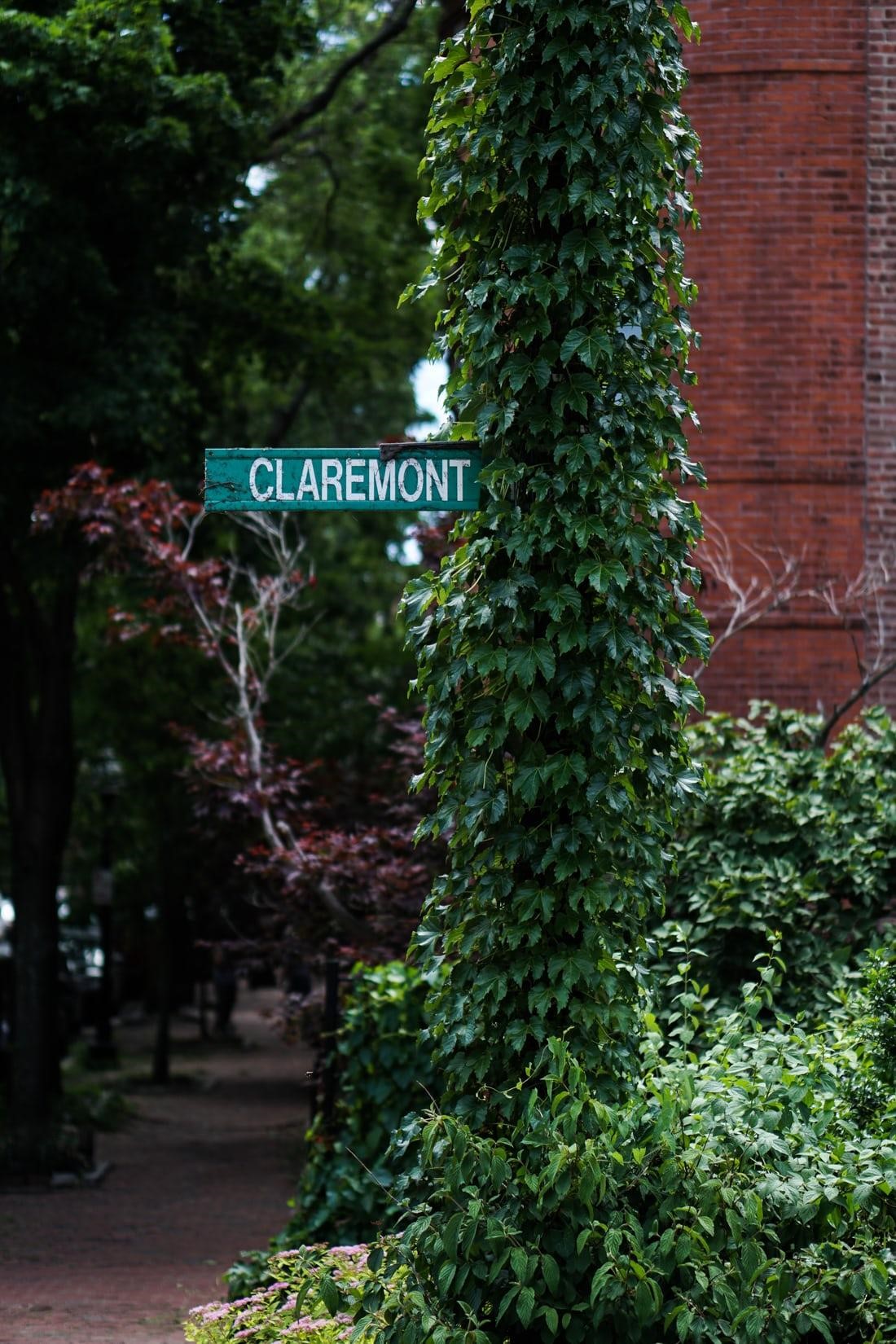
There are some plants that grow well alone and there are others that grow well together. You can plan to make the most out of your garden by planting plants that grow well together. This would lead to a beneficial relationship between the plants. For example, you can try growing radishes with carrots. They grow well together.
7. Use Cover Crops
Cover crops are the ones that add nutrients to the soil. It also reduces weed pressure on the soil. If you fear reducing soil fertility, you can start sowing cover crops. Like Buckwheat is a fast summer cover crop that reduces weed pressure and increases the fertility of the soil. You can also plant soya beans or sweet clover for the same purpose.
8. Grow Plants That Invite Pollinators
Pollination is one of the vital process for a good fertility in plants. Therefore, to invite pollinators for pollination plant vegetable plants with flowers. Colorful flower attracts pollinators that ultimately leads to Pollination. Never ignore the power of a pollinator in making your garden space count.
9. Use Spirals to Create More Gardening Space
You can certainly have more gardening space by adding soil elevation to your flat landscape garden space. Build an elevated or spiral to have 3-D gardening space. You can certainly grow more on an elevated space than a flat surface.
10. Practice Bio intensive Gardening
Bio-intensive Gardening is an organic agricultural system that focuses on achieving maximum yields from a minimum area of land. It simultaneously focuses on increasing the biodiversity and fertility of the soil. The goal of practicing this type of gardening is to have a sustainable environment. This type of gardening is extensively beneficial for small-scale gardeners.
11. Choose Plants That Grow Well in Small Spaces
Try to plant fruits and vegetables that give the best yield in small spaces. opt for plants with high yields in small spaces like radish, carrots, garlic, onions, spinach, etc. Try to avoid cabbage, cauliflower, or broccoli in small spaces as they cover most of the area in growing.
12. Use Pots to add a feature
Pots are a must to have in a small garden space. They add beauty to your small garden space. Adding trendy and colorful pots makes your small garden space count as worth it. Try to grow evergreen plants in these pots. Your garden space will have greenery all year round.
13. Plant Climbing Plants
Just because you have limited ground space, does not mean you cannot use the infinite air space provided to you. You should start planting climbing plants in your small garden space. Take advantage of the vertical space provided to you. This gives vital advantage for your garden space to count as worth.
14. Hydroponics is one of the best options
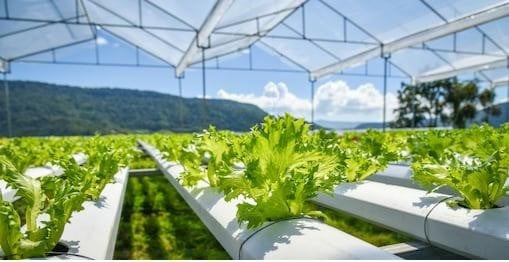
Hydroponics is the plants that do not grow on soil. The roots of these plants are inserted in water. With Hydroponics, you just do not need to worry about your small garden space. Advancement in technologies has led to such productions and we should use them for the betterment. Hydroponics is not just space-efficient but also grows faster. These are ideal for a garden space that is very small.
Conclusion
Most people have small garden space in which they want to cultivate, flourish, and nurture the plants. It gets highly challenging when you have a small garden space that cannot be home to many plant varieties. Therefore, small gardens must be optimized in such a way that one can make the most out of their small garden space. Hopefully, these tips and tricks would prove to be worthy of making your small garden space count.

